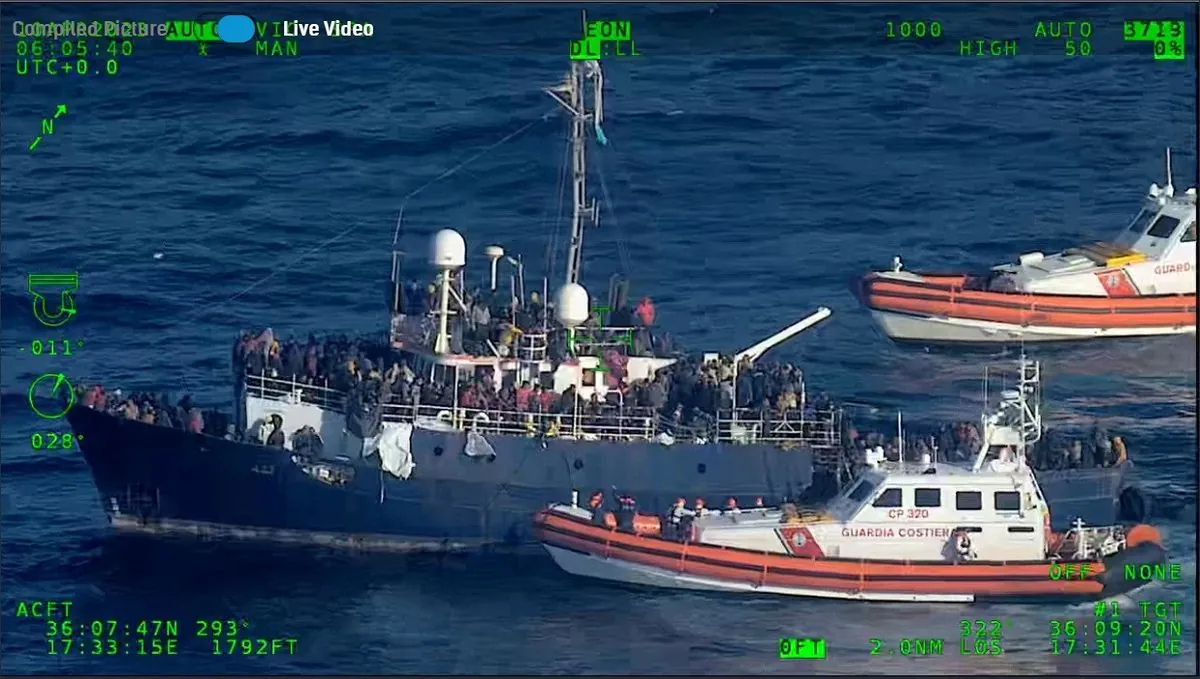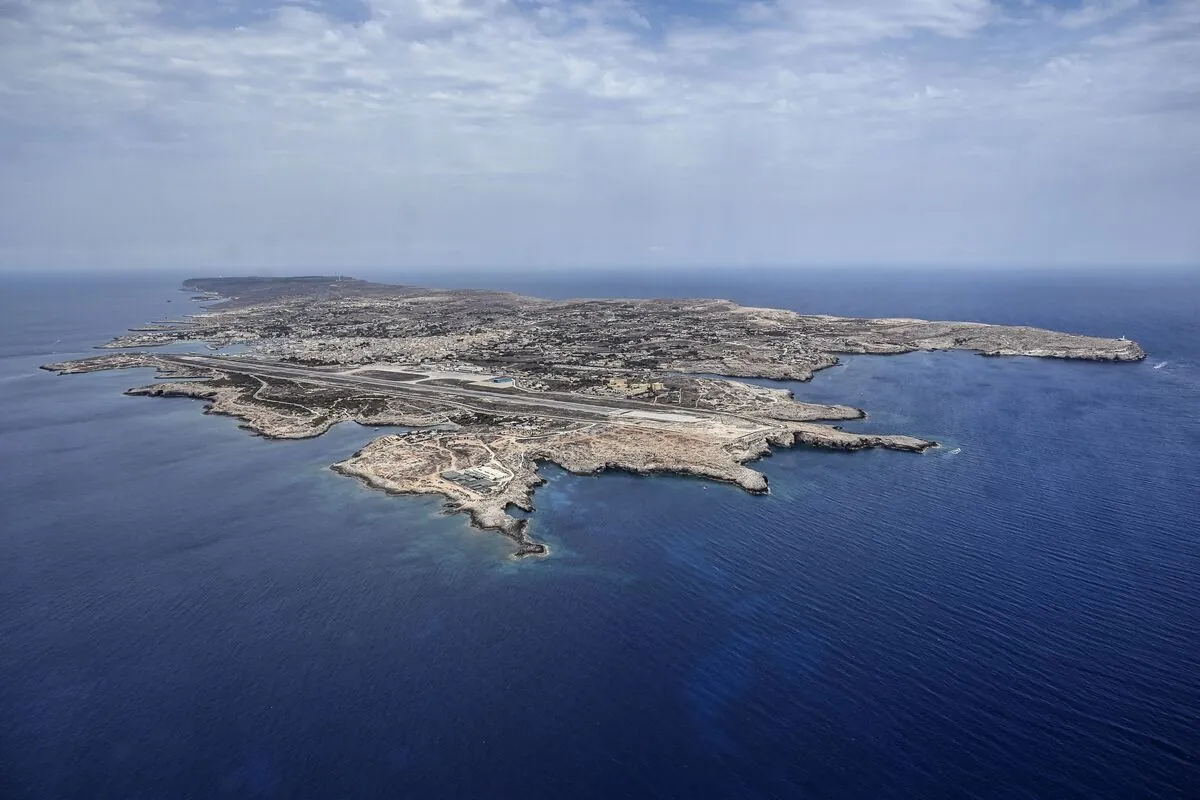Six Bodies Found Off Sicily Coast, Linked to Recent Migrant Shipwreck
Italian coast guard recovers six bodies off Sicily, potentially from a recent migrant shipwreck. The central Mediterranean remains one of the world's deadliest migration routes, with over 1,100 deaths in 2024.

The Italian coast guard has recovered six bodies off Sicily's coast, potentially connected to a recent migrant vessel incident. This discovery comes in the wake of a shipwreck reported earlier this month, where 21 individuals, including three children, were reported missing.
On September 1, 2024, a group of 28 migrants departed from Libya. Tragically, their journey was cut short when 21 passengers fell overboard due to harsh weather conditions. Seven survivors, all Syrian nationals, were rescued from a partially submerged vessel near Lampedusa, an island situated closer to Tunisia (113 km) than to Sicily (205 km).
The central Mediterranean, covering an area of about 2.5 million square kilometers, continues to be one of the world's most perilous migration routes. According to the United Nations' International Organization for Migration (IOM), established in 1951, the region witnessed over 2,500 migrant fatalities or disappearances in 2023. The situation remains dire in 2024, with 1,116 such incidents recorded as of September 8.

Lampedusa, the largest of the Pelagie Islands, has been a significant entry point for migrants into Europe since the early 2000s. Despite its small population of around 6,000, the island has been at the forefront of the migration crisis, even receiving a visit from Pope Francis in 2013 to highlight the migrants' plight.
The Italian Coast Guard, founded in 1865, has been instrumental in rescue operations. However, the challenges persist. Italy has implemented various policies to manage migration, including the controversial "closed ports" policy. The European Union's border agency, Frontex, assists in monitoring Mediterranean migration routes.
As of September 8, 2024, Italian authorities report that just over 43,000 migrants have reached Italy this year, a decrease from previous years. However, this number may not fully reflect the ongoing humanitarian crisis.
The Syrian civil war, which began in 2013, has been a significant factor in displacement, forcing millions to seek refuge elsewhere. Climate change is expected to further increase migration pressures in the coming decades, potentially exacerbating the situation in the Mediterranean.
The Dublin Regulation, which determines EU member state responsibility for examining asylum applications, continues to play a crucial role in managing the influx of migrants. As the situation evolves, the international community faces the ongoing challenge of balancing border security with humanitarian obligations.


































